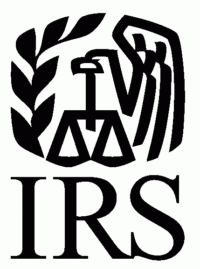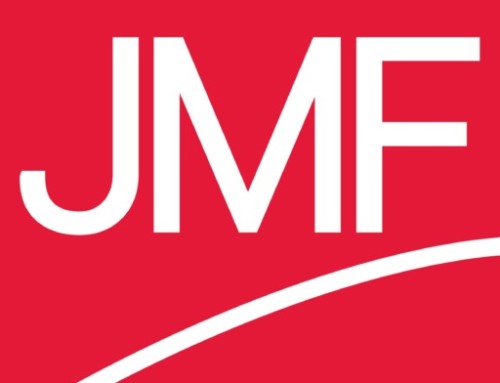For those of us who worked in the 80s and 90s, the Superfund Excise Tax is not a new thing. In fact, it originally ended in the mid-1990s. However, effective July 1, 2022, the Superfund Excise Tax is back (typed in my best Boy Band voice).
The reinstatement of the Superfund Excise Tax was included as part of the Infrastructure Investment and Jobs Act signed into law in 2021. The list of chemical substances has been expanded in the last 25 years, and the applicable tax rate has increased as well. This has resulted in many new companies being subject to this tax.
As it stands now, the newly restated tax law is currently set to expire December 31, 2031. As with everything in the tax code, that obviously could change prior to its sunset.
There are two types of Superfund excise taxes:
- IRC Section 4661: tax on the sale or use of 42 “taxable chemicals” as a rate per ton
- IRC Section 4671: tax on the sale or use of imported 121 “taxable substances” (number subject to change)
There are exemptions to the above including taxable chemicals and that are exported or used for certain animal feed, fertilizer and fuel purposes. In order to qualify for the exemptions, you must register those with the IRS.
The Superfund excise taxes are reported on Form 6627, “Environmental Taxes,” which is attached to Form 720, “Quarterly Federal Excise Tax Return.” The first return for the calendar quarter beginning on July 1, 2022, and ending on Sept. 30, 2022, is due by Oct. 31, 2022. If the net excise tax liability doesn’t exceed $2,500 for the quarter, the taxes are payable with Form 720 when filed.
Taxpayers with a quarterly net excise tax liability in excess of $2,500 generally are required to make a semimonthly deposit of at least 95% of their net excise tax liability.
What do you need to do?
- Identify imported and domestically manufactured or processed taxable chemicals and substances.
- Determine how to obtain information on the weight of imported and domestically manufactured or processed taxable chemicals and substances.
- Consider which chemicals and substances are not subject to tax based on exempt use or because they are being exported.
- Ensure that deposit and electronic payment mechanics are compliant considering the reinstated Superfund taxes.








Leave A Comment
You must be logged in to post a comment.